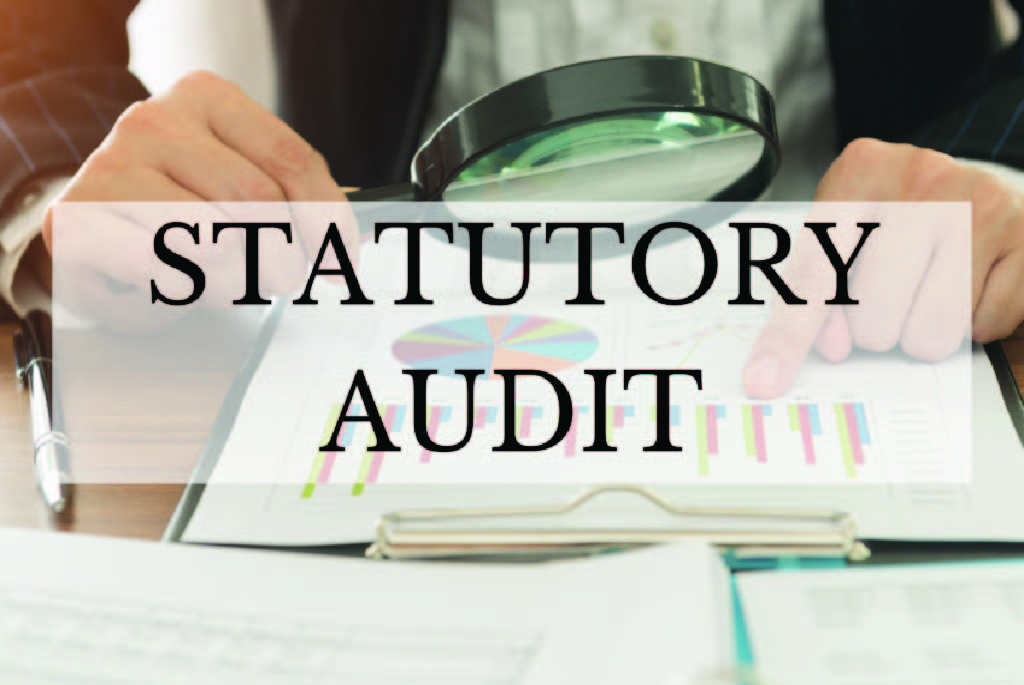Statutory Audit
- Home
- Statutory Audit
Statutory Audit
Statutory audit is a critical process that ensures the financial statements of a company are accurate and comply with relevant laws and regulations. Several topics are typically included in a statutory audit to assess the financial health and regulatory compliance of an organization. Here are some key topics that are typically covered in a statutory audit:
- Financial Statements:
The primary focus of a statutory audit is to examine the financial statements, including the balance sheet, income statement, cash flow statement, and statement of changes in equity, to ensure they present a true and fair view of the company’s financial position.

- Accounting Policies:
Auditors assess whether the company’s accounting policies are in line with Generally Accepted Accounting Principles (GAAP) or International Financial Reporting Standards (IFRS), depending on the applicable framework. They also evaluate the consistency in the application of these policies. - Internal Controls:
Auditors review the company’s internal controls, including financial controls and operational processes, to determine their effectiveness in preventing and detecting errors and fraud. Weak internal controls can lead to financial misstatements. - Compliance with Laws and Regulations:
Auditors check whether the company is complying with relevant laws and regulations, such as tax laws, labor laws, environmental regulations, and industry-specific regulations. Non-compliance can have legal and financial consequences. - Materiality:
Auditors consider the materiality of financial statement items. Materiality thresholds help auditors decide which errors or misstatements are significant enough to warrant correction. - Risk Assessment:
Auditors assess the risks associated with the company’s operations, industry and financial reporting process. This assessment guides the audit procedures and helps identify areas of higher audit risk. - Audit Evidence:
Auditors gather sufficient and appropriate audit evidence to support their conclusions. This evidence may include financial records, documentation, confirmations from third parties, and physical inspections of assets. - Going Concern:
Auditors evaluate the company’s ability to continue its operations as a going concern for the foreseeable future. If there are doubts about the company’s ability to do so, this must be disclosed in the audit report. - Related-Party Transactions:
Auditors scrutinize transactions between the company and its related parties (e.g., owners, executives, and affiliates) to ensure they are conducted at arm’s length and disclosed appropriately. - Contingencies and Liabilities:
Auditors review the company’s financial statements for any contingent liabilities or unrecorded liabilities that may require disclosure or recognition. - Material Misstatements:
If auditors identify material misstatements in the financial statements, they report these findings to the company’s management and, if necessary, to regulatory authorities. - Audit Report:
The audit concludes with the issuance of an audit report, which provides an opinion on whether the financial statements are free from material misstatements and comply with accounting standards. The report may be unqualified (clean), qualified, adverse, or disclaimed, depending on the audit findings.

